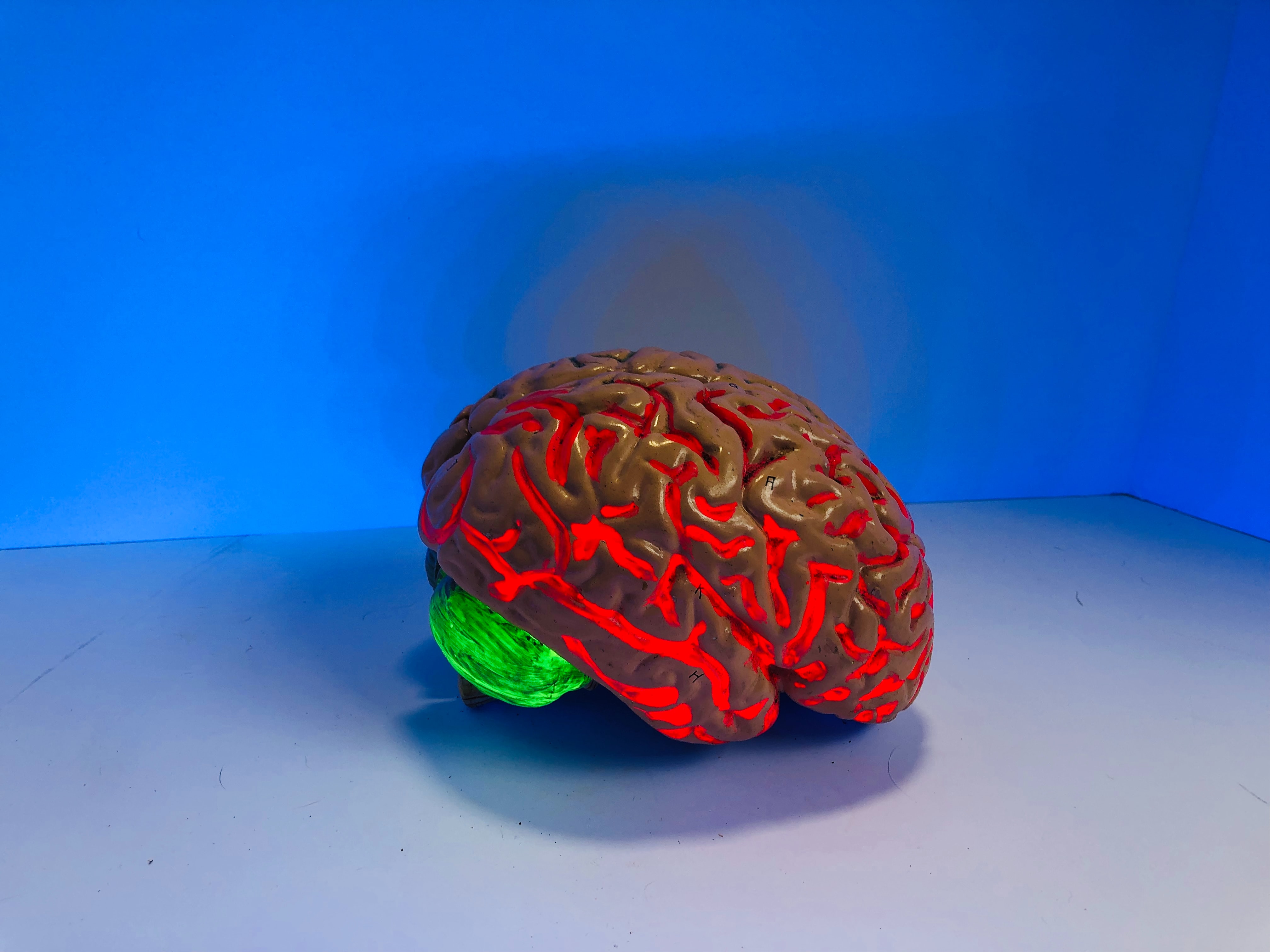Researchers find dangerous unapproved ingredients in OTC supplements.
Brain boosters are widely distributed over-the-counter in many drug stores, and they’re scooped up quickly by consumers. These supplements are marketed as magic pills that improve cognitive function. However, they are not approved by the Food and Drug Administration (FDA) and, oftentimes, little is known about what is actually inside. The FDA also warns that these can be particularly dangerous when combined with other drugs.
“Americans spend more than $600 million on over-the-counter smart pills every year, but we know very little about what is actually in these products,” Pieter A. Cohen, Harvard Medical School, Boston, Massachusetts, told Medscape Medical News. “Finding new combinations of drugs [that have] never been tested in humans in over-the-counter brain boosters is alarming.”
Cohen and the other researchers performed a search of the National Institutes of Health (NIH) Dietary Supplement Label Database and the Natural Medicines Database and discovered ten of these products contained “omberacetam, aniracetam, phenylpiracetam, or oxiracetam – four analogs of piracetam that are not approved for human use in the US.” Their findings were published in Neurology Clinical Practice, a journal of the American Academy of Neurology (AAN). “In these ten products, five unapproved drugs were discovered – omberacetam and aniracetam along with three others (phenibut, vinpocetine and picamilon),” they wrote.

Simply reading a label and following the instructions on brain boosters could mean exposing oneself to dangerous side effects. The team explained, “By consuming the recommended serving size of these products, consumers could be exposed to pharmaceutical-level dosages of drugs including a maximum of 40.6 mg omberacetam (typical pharmacologic dose 10 mg), 502 mg of aniracetam (typical pharmacologic dose 200-750 mg), 15.4 mg of phenibut (typical dose 250-500 mg), 4.3 mg of vinpocetine (typical dose 5-40 mg), and 90.1 mg of picamilon (typical dose 50-200 mg).”
The team also discovered some of the drugs detected weren’t even on the ingredient lists. On the other hand, several drugs that were on the labels were not actually found in the supplements. Perhaps most disturbing, “three quarters of declared quantities were inaccurate,” the researchers reported.
“Consumers who use these cognitive enhancers could be exposed to amounts of these unapproved drugs that are fourfold greater than pharmaceutical dosages and combinations never tested in humans,” the study team warns in their report.
“We have previously shown that these products may contain individual foreign drugs, but in our new study we found complex combinations of foreign drugs, up to four different drugs in a single product,” Cohen said.
“The presence of these unapproved drugs in supplements, including at supratherapeutic dosages, suggests serious risks to consumers and weaknesses in the regulatory framework under which supplements are permitted to be introduced in the US,” they wrote. Cohen added, “We should counsel our patients to avoid over-the-counter ‘smart pills’ until we can be assured as to the safety and efficacy of these products.”
To illustrate this fact, Glen R. Finney, MD, fellow of the American Academy of Neurology, posed the question, “What if a person has a sensitivity or allergy to one of the unlisted drugs? This is a safety issue and a consumer issue. Over-the-counter supplements are not regulated, so there is no guarantee that they contain what they claim, and there is very little evidence that they help memory and thinking even when they do have the ingredients they claim in the supplement. The best way to stay safe and help memory and thinking is to speak with your health providers about proven treatments that have good safety regulation, so you know what you’re getting, and what you’re getting from it.”
Sources:
OTC ‘Brain Boosters’ May Pose Serious Risks, Experts Say
Several ‘brain-boosting’ supplements found to contain dangerous drug
New research finds unapproved drugs in brain-boosting supplements


Join the conversation!